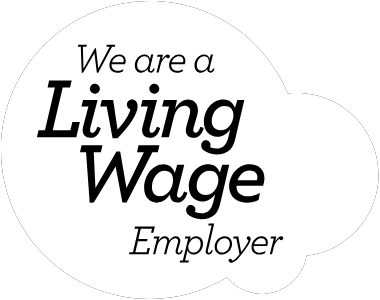Give us five minutes and we’ll give you a taste of an important sustainability topic. For our first outing, we get to the crunch with journalist Emilie Filou for her expert insights on the insect industry.
Narda Shirley: Congratulations on Buzzing, when did you launch?
Emilie Filou: I started Buzzing in July 2020. I felt there was a huge amount to say about the insect sector that I couldn’t say in mainstream media, and it was great to have a new creative outlet for writing and cooking after the dreary 2020 lockdown.
Narda: What’s the buzz?
Emilie: Insects could be a more sustainable source of protein in our food chains, consumed directly as food or indirectly as a feedstock for fish, pigs or poultry being reared for human consumption. It’s also a great food for our pets.
Narda: What’s the market outlook?
Emilie: Globally, the insect sector is poised for exponential growth. It needs investment capital to help it scale, but in the UK, it needs the additional help of the regulators like the FSA and DEFRA. Since Brexit, the UK has fallen behind the rest of Europe in creating conditions for insect businesses to thrive. The EU ruled to allow pigs and poultry to be fed on processed insects in September 2021; it’s also approved four species of insects for human consumption. But since decoupling from Europe, the UK’s legislation has not kept up and some edible insect businesses have found themselves unable to get insurance. This is a major setback in a growth sector that could be creating jobs and helping drive sustainability in our food system.
Narda: Key insight?
Emilie: A lot of animal feed contains soy whose cultivation often leads to deforestation in countries like Brazil (so its carbon footprint from transportation is also high). Farmed fish are likely to be fed with other smaller fish, which is not ideal in terms of sustainable fishing. Insects can be farmed, processed and supplied closer to their end consumers. One example being UK firm Better Origin’s container-sized ‘factories’ which are craned into fields to produce live black soldier fly larvae to feed egg producing hens. But the big win according to the academic credited with inventing the modern industry, Dr Jeffery Tomberlin of Texas A&M University, is not actually just insects as a sustainable source of protein, but as agents of waste management: insects are nature’s great upcyclers and they could be fed things like post-consumer waste, catering waste or even manure, and turn it into protein and fertiliser.
Narda: Must have jargon/latest report?
Emilie: Frass – also known as insect poop, your high scoring Scrabble/Wordle word for 2022 and a new secret weapon in soil regeneration. A new World Bank Report ‘Insect and Hydroponic Farming In Africa: The New Circular Food Economy calculates that insect farming in Africa could produce biofertilisers (frass) worth up to $19.4 billion a year.
Narda: Name droppers?
Emilie: Super Fly Guy is Kees Aarts – CEO and Founder of Protix. This Netherlands-based Black Soldier Fly company has 80% of the market.
UK watchlist? Yum Bug, Entocycle, Better Origin, AgriGrub, Beta Bugs.
Country file? France has one of the most dynamic insect protein sectors in Europe, with a number of up-and-coming companies, including two of the largest globally, Ÿnsect and InnovaFeed.
Narda: Address book contacts?
Emilie: ICIPE HQ’d in Kenya, it is the international research institute pioneering global science in entomology. They have fostered a thriving BSF industry in Kenya and are working on developing insect farming methodologies that work for Africa.
IPIFF – The International Platform of Insects for Food and Feed (IPIFF) is an EU non-profit organisation which represents the interests of the insect production sector in Europe. They are the oldest trade association around and have been instrumental in opening up legislation for insect protein in the EU.
NACIA – NACIA is the insects for food and feed industry association in North America. They have become a pillar of the insect industry in the past 18 months, leading discussion with regulators, raising the profile of the industry and organising excellent events.
Woven Network – The UK’s trade association for insects as food is on a mission to make edible insects authorised on the GB market again after the Brexit fallout
Narda Shirley is Wilful Group Co-founder and Gong Communications Founder.
To learn more about capital concerns and fixing food systems, visit www.thewilful.com and follow us on Twitter.






